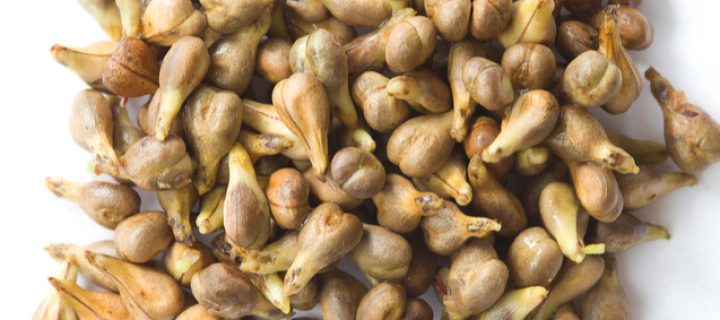Since this is a condition that annually affects circa 16 million individuals across the United States, there is an urgent need for new treatments for depression. Compounds found in grape seeds could offer an answer.
Currently available pharmacological treatments for depression and anxiety produce results that are far from ideal. It is estimated that these drugs lead to temporary remission in less than 50 percent of the cases, and, usually, come with a set of severe side-effects. These disheartening statistics, as well as the fact that this condition affects so many people, are a neverending motivation for scientists to try and come up with better, more efficient solutions. This seems to have happened for a team of researchers at Icahn School of Medicine at Mount Sinai; who might have discovered a potentially life-saving treatment.
Instead of trying to target neurochemical or neurobiological mechanism with their treatment, like it’s usually the case, scientists focused on inflammation and synaptic maladaptation, processes proven to have essential roles in the pathogenesis of depression. Their method was to target these fundamental disease mechanisms through epigenetic modification, and for this, they turned to grape-derived polyphenols.
These substances found in grape seeds have already proved to be efficient in modulating aspects of depression, though the exact process was a mystery. The new study, led by Giulio Maria Pasinetti, Ph.D., Saunders Professor of Neurology, and her team from the Center for Integrative Molecular Neuroresilience, managed to reveal something novel about these compounds: they promote resilience against stress-induced depression.
Namely, the team used a combination of three grape-derived polyphenol products, including a select Concord grape juice, a select grape seed extract, and trans-resveratrol, all of which were then tested on mice. The test animals, who were exposed to stress daily, were given water that contained all of these natural compounds. In 70 percent of the mice, the treatment lead to a significant improvement.
Although it was only done on mice, the promising results of the study as well as the fact that the grape-derived substances used in the treatment are natural, make the researchers optimistic about taking their trials to the next step, when it would be tested on the intended patients.
Photo credit: De-V/Shutterstock












